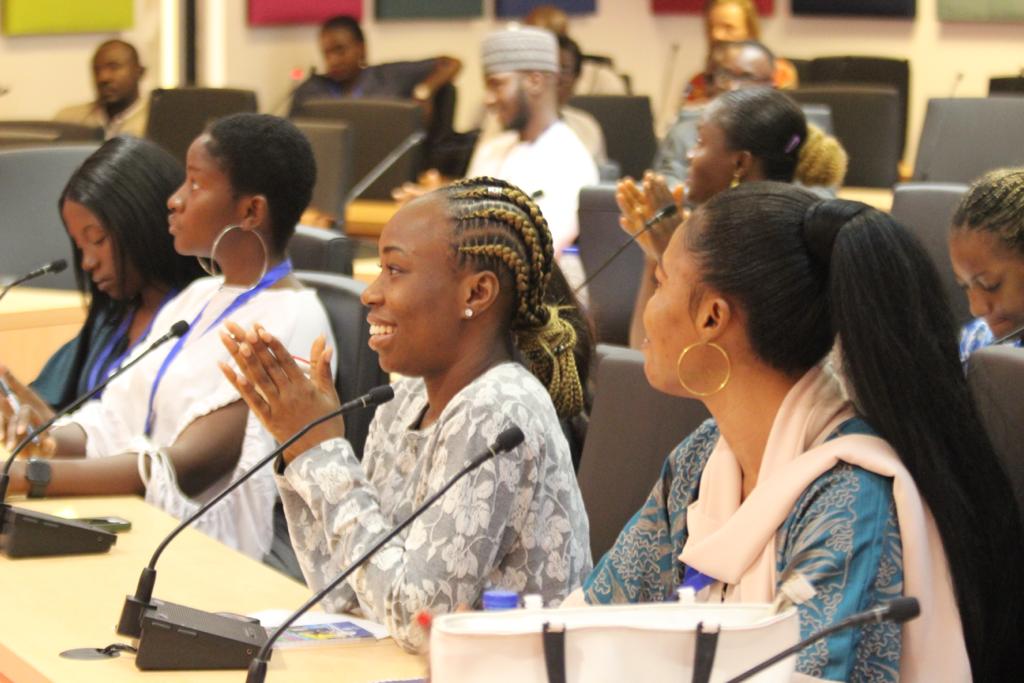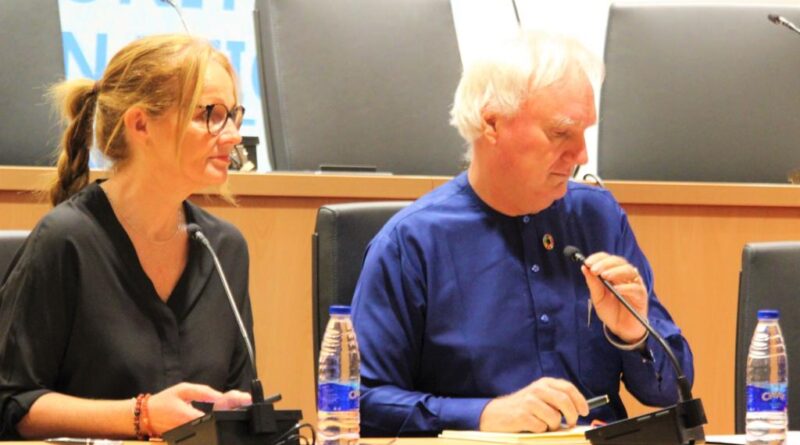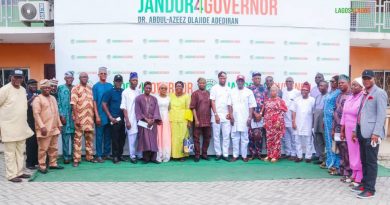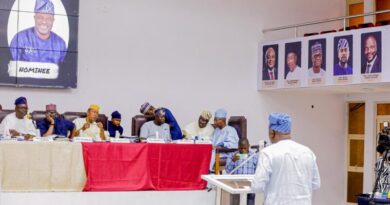Poverty, Lack Of Social Security Threatening Peaceful Coexistence In Nigeria, UN Laments
By Bukar Bolori
The United Nations has lamented the gulf in relationship between the government and the governed in Nigeria, insisting that that multidimensional poverty is currently affecting more than 139 million people in the country.
In his remarks at the UN Economic and Social Council (ECOSOC) Youth Forum 2023 Watch Party held at the UN House in Abuja, the UN Resident and Humanitarian Coordinator in Nigeria, Mr. Matthias Schmale said Nigeria has its own share of internal challenges including the insurgency in the Northeast, the limited scope of the social protection system, multidimensional poverty affecting more than 139 million people and a somewhat broken social contract between those who govern and the citizens.
He noted that: “All this has made a significant portion of Nigeria’s young population more vulnerable, as evidence by a 34.9% rate of youth unemployment and 20 million out-of-school children.”
Schmale lamented that: “Your generation has had its educational experiences and job prospects disproportionately hit by global crises such as COVID-19, the war in Ukraine and the resulting downturns in the global economy.
He, however, told the youths that: “If your generation can triumph, then so will Nigeria and the broader African continent. With a median age of 18, this country has one of the highest populations of young people in the world and will play a critical role in promoting sustainable development and achieving peace and prosperity on a global scale.”
The Resident Coordinator while stating that the theme of this year’s forum: “Accelerating the COVID recovery and the full implementation of the 2030 Agenda with and for youth” – is especially relevant to young Nigerians, said: “The resolutions produced at ECOSOC’s Youth Forum will help shape the agenda for the High-Level Political Forum on Sustainable Development being held in July and the SDG Summit being held in September,” noting that: “These events are important stocktaking moments, and will help shape the course of action for rescuing the global development agenda 2030 and the associated SDGs.”
He said: “Today’s dialogues and discussions are an opportunity to make your generation’s voices heard and to surface creative ideas which can contribute to building back better from the devastating pandemic and other challenges.
“Nigeria’s young people must be effectively included in the design, implementation, and monitoring of policies and programmes aimed at addressing the impacts of the pandemic and achieving the SDGs. We must leave no one behind.”
He noted that recently, the UN and the Government of Nigeria together signed a Cooperation Framework which provides a five-year roadmap for UN efforts to accelerate progress towards the SDGs in partnership with the government and people of Nigeria.

He revealed the Cooperation Framework is centred around four pillars – people, planet, prosperity, and peace – and includes a package of key Transformative Initiatives which really move the needle on development across the nation.
He assured that: “The UN is committed to ensuring young people are meaningfully engaged and involved in the Cooperation Framework and its strategies for achieving the SDGs including climate, gender inequality, health, and education.
Meanwhile, the participating youths called on the UN to make more opportunities available to them, and apart from sponsoring educational programmes, assist in vocational training.
Pictures by Adewole Ajao




